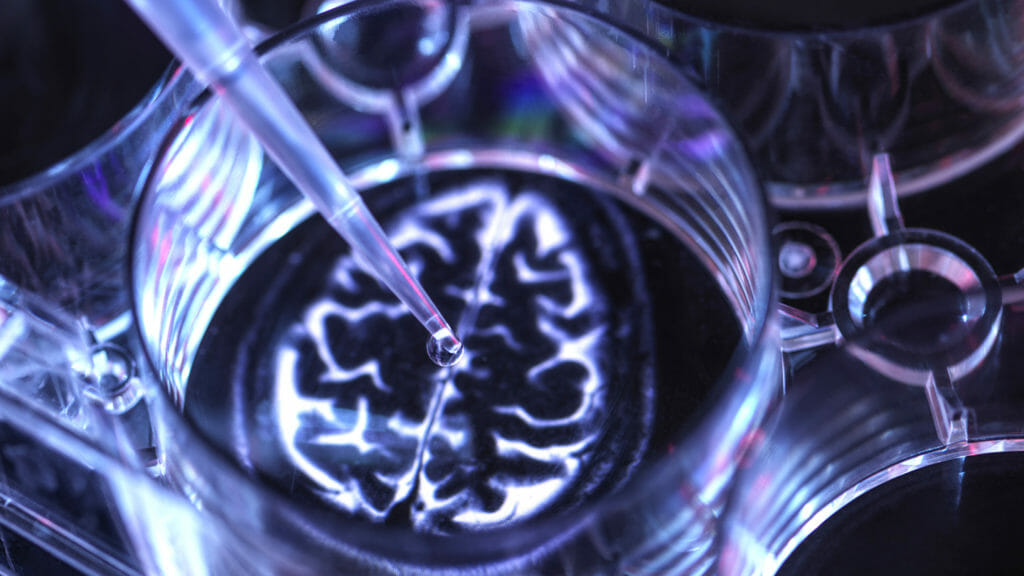

Artificial intelligence could become an important tool for predicting and diagnosing brain cancer.
The promising findings come out of separate research evaluating AI’s capabilities in evaluating the brain.
One study from the University of Sharjah in the United Arab Emirates evaluated several types of machine learning and found certain AI could predict brain tumors with precision and accuracy.
A separate analysis from Stanford University looked at AI to predict outcomes from glioblastoma, a particularly fast-growing form of brain cancer.
Even at the earliest stages, the average onset of brain tumors occurs in adults 61 years old; and the highest incidence occurs in those age 85 and over.
About 25,000 malignant tumors — there are three times as many benign tumor cases — occur among all age groups in the US each year.
In the glioblastoma study, the researchers had AI assess images of cancerous brain tissue to predict how fast the tumor would grow. The investigators are hoping to fine-tune an AI model that can both identify tumors that are more dangerous and also aid surgeons and clinicians in identifying how much of a malignant tumor remains after surgery.
Adopting an appropriate care model for glioblastoma patients could be important as currently only 7% of such patients survive over a five-year period.
Although separate from AI technology, new screening tools are being developed for fast-growing tumors using molecular imaging. If that proves viable it could identify and improve glioblastoma patient outcomes by matching them to specific viable treatments. Currently one study is in a trial phase.
Despite high mortality rates, tumor surgery has been proven to benefit patients 80 years and older, an article on McKnight’s Senior Living has reported.


